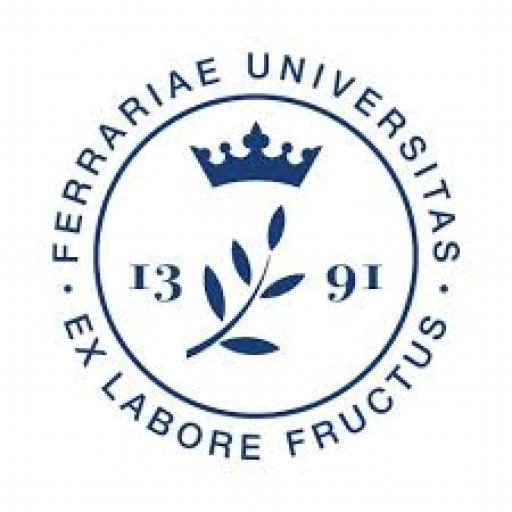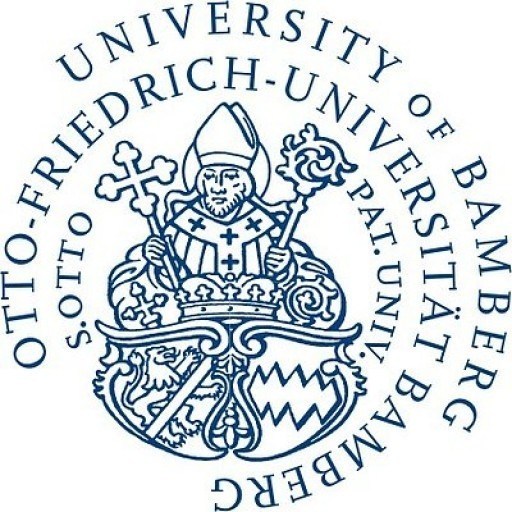Photos of university / #oxford_uni
The MSt in Medieval Studies at the University of Oxford offers a comprehensive interdisciplinary exploration of the medieval period, covering roughly from the late antique to the early modern era. This program is designed for students who wish to deepen their understanding of medieval history, literature, art, culture, and society, and provides a flexible, research-driven curriculum that allows students to tailor their studies according to their interests. Students will engage with a broad range of primary sources, critical methodologies, and theoretical frameworks, fostering analytical skills and scholarly expertise in medieval studies.
The course is suitable for graduates wishing to pursue academic careers, PhD research, or careers in heritage, libraries, and cultural institutions related to the medieval period. The program offers advanced training in historical sources, languages, and medieval culture, with options to specialize in particular areas such as medieval history, literature, philosophy, or art. Teaching is delivered through lectures, seminars, tutorials, and research supervision, providing a supportive academic environment conducive to independent study and original research.
Students typically enroll for one year full-time or two years part-time, and the program culminates in a dissertation that demonstrates their ability to undertake independent research. The Department of History and the Faculty of Medieval and Modern Languages collaborate to provide expert supervision and extensive resource access, including the Bodleian Libraries. The program also emphasizes developing skills in critical analysis, effective communication, and scholarly writing, preparing graduates for careers in academia or related fields.
Applicants to the MSt in Medieval Studies should have a strong academic background in history, literature, or related disciplines, and demonstrate a keen interest in medieval topics. The program attracts international students, creating a diverse academic community engaged in the study of the medieval world through a variety of disciplinary lenses. Overall, the University of Oxford’s Medieval Studies MSt offers a rigorous, enriching educational experience for those interested in the complex, vibrant history and culture of the medieval period.
This degree equips you to draw on a variety of disciplinary approaches to the study of the Middle Ages. It places emphasis on language training as well as on the development of skills in palaeography and codicology. It also offers the opportunity to undertake the acquisition of a medieval language not previously studied. You will follow a core course in research methods and choose from a range of taught Option Papers. You can also expect to spend at least a third of your time doing independent research with supervisors from at least two disciplines. You will also participate in a variety of workshops and exchanges.
Teaching and examination comprise:
- compulsory language classes, chosen from a variety of possibilities which normally include (medieval) Latin, Old English, Old Norse, Old French, Old Occitan, Old High German, Middle High German, Old Irish, Middle Welsh, Greek, Hebrew and Arabic. The language selected should normally be closely related to your work;
- palaeography/codicology classes in one of the participating departments, ie English, history (Medieval Latin), medieval and modern languages, Byzantine Greek;
- option papers, which are courses on short periods or specific themes. You can choose from a wide range of subjects on offer drawn from the participating faculties and you will submit essays based on the work for the option papers and developed in consultation with the convenor(s) of the option;
- attendance at an interdisciplinary seminar that underlines the different but complementary approaches to medieval sources offered by different disciplines. In Trinity term, you will present work in progress on your dissertation;
- attendance at a research methods workshop designed to address issues encountered by researchers in medieval studies and intended to be responsive to and shaped by your concerns; and
- a dissertation of no more than 12,000 words on your own research topic, to be submitted by the end of Trinity term. You will normally have two supervisors from different departments.
Please note that not every optional subject listed may be on offer every year, depending in part on levels of student demand. Full details of core and optional papers available are available on the course webpage.
In connection with the interdisciplinary seminar, a special week of additional research activities takes place each year. A particular expert in interdisciplinary medieval studies is invited to give a plenary lecture and seminar and to conduct a workshop for graduate students. This is an exciting opportunity for current students to discuss their work with a distinguished visiting scholar. Recent guest lecturers have included Caroline Walker-Bynum, Barbara Newman, Christopher Page, Jeffrey Hamburger and William Miller.
If you wish to apply for the DPhil you will be encouraged to develop your master’s and doctoral proposals in tandem during the first few months, so that you will be well placed to make a doctoral application.
Applicants are normally expected to be predicted or have achieved a first-class or strong upper second-class undergraduate degree with honours (or equivalent international qualifications), as a minimum, in a relevant discipline in the humanities or social sciences.
For applicants with a degree from the USA, the minimum GPA sought is 3.75 out of 4.0.
Applicants are normally expected to have a previous degree in history, but for master's applications a number of candidates will be accepted without. You will need to ensure that you link your proposed dissertation topic with your previous expertise when you present it in your research proposal, or that you explain why you want to switch to study history, and to show that you have already done some background research into it. Your submitted written work should show your writing and research skills in their best light, as it will be important to show that you have the necessary skills required for historical research.
If you hold non-UK qualifications and wish to check how your qualifications match these requirements, you can contact the National Recognition Information Centre for the United Kingdom (UK NARIC).
No Graduate Record Examination (GRE) or GMAT scores are sought.
- Official transcript(s)
- CV/résumé
- Statement of purpose/personal statement: 500 to 1,000 words, typically two to four pages double-spaced
- Written work: Two essays of 2,000 words each or one essay of 4,000 to 5,000 words
- References/letters of recommendation:Three overall, generally academic
ENGLISH LANGUAGE REQUIREMENTS
Higher level
|
est |
Standard level scores |
Higher level scores |
||
|
IELTS Academic |
7.0 | Minimum 6.5 per component | 7.5 | Minimum 7.0 per component |
|
TOEFL iBT |
100 |
Minimum component scores:
|
110 |
Minimum component scores:
|
| Cambridge Certificate of Proficiency in English (CPE) | 185 |
Minimum 176 per component |
191 |
Minimum 185 per component |
| Cambridge Certificate of Advanced English (CAE) | 185 |
Minimum 176 per component |
191 |
Minimum 185 per component |
- Global Education
- Hill Foundation Scholarships
- Ertegun Scholarship Programme
The University of Oxford offers a comprehensive and interdisciplinary approach to Medieval Studies through its specialized programmes. Although there is no specific standalone degree titled "Medieval Studies," students can pursue relevant courses within faculties such as History, Archaeology, Philology, and Literature, which together form a broad foundation in medieval history, culture, language, and society. The university provides targeted research opportunities and modules that focus on the medieval period, typically covering subjects from the fall of the Roman Empire through the late Middle Ages.
The core curriculum often includes studying medieval Latin and other relevant languages like Old English, Old French, and Middle High German, enabling students to engage directly with primary texts. There is an emphasis on historical analysis, literary studies, and archaeological perspectives, allowing for a multidisciplinary understanding of the medieval era. Students can also benefit from access to extensive archive collections, medieval manuscripts, and museum resources housed within the university and affiliated institutions.
Graduate programs such as the MSt (Master of Studies) in Medieval Studies or History of Art and Visual Culture include modules tailored for medieval topics, along with options for independent research. These programmes promote critical analysis, palaeography, codicology, and other specialized skills necessary for medieval scholarship. The university fosters an active community of medievalists, offering seminars, conferences, and collaborative research projects, which provide invaluable networking opportunities and exposure to leading scholars in the field.
In addition to coursework, students are encouraged to undertake a significant research project or dissertation, engaging deeply with original sources and contributing to scholarly knowledge. The university also collaborates with museums and libraries internationally, facilitating access to manuscripts and artifacts, enriching the learning experience. Overall, Oxford’s medieval programme combines rigorous academic training with access to unparalleled resources, preparing students for careers in academia, education, heritage management, or related fields.







